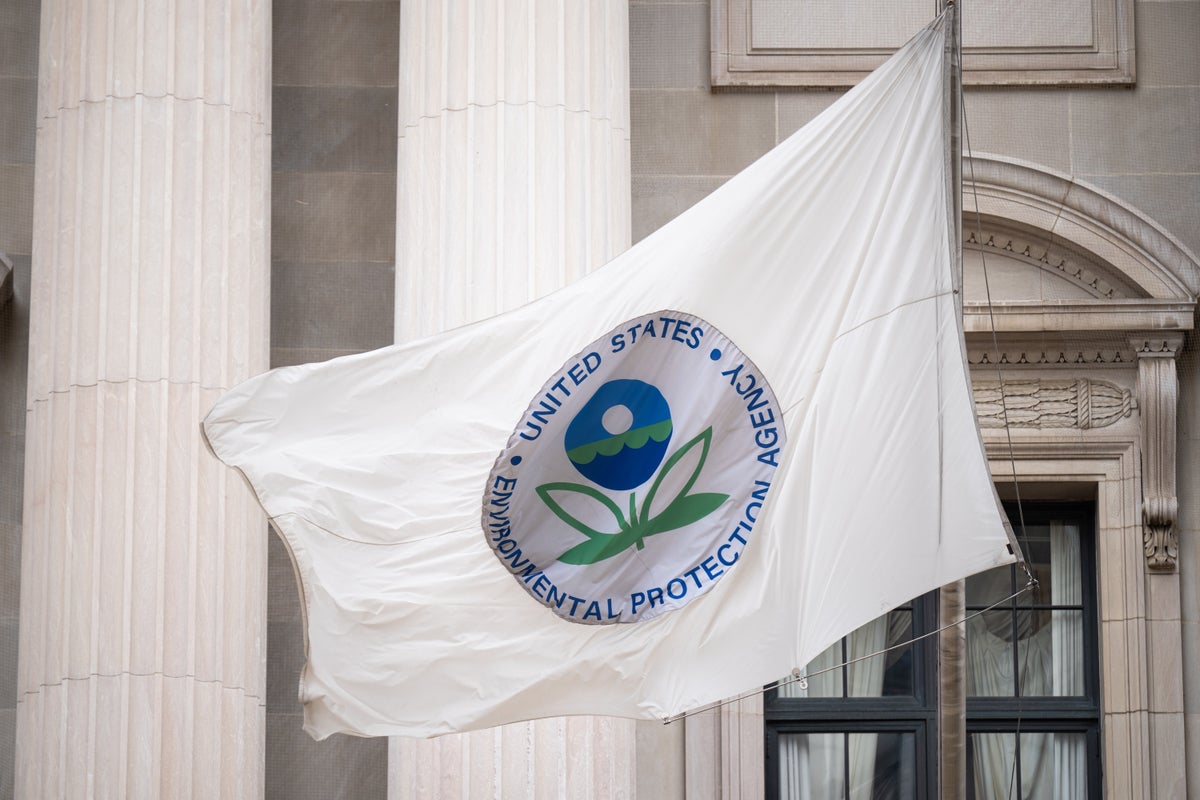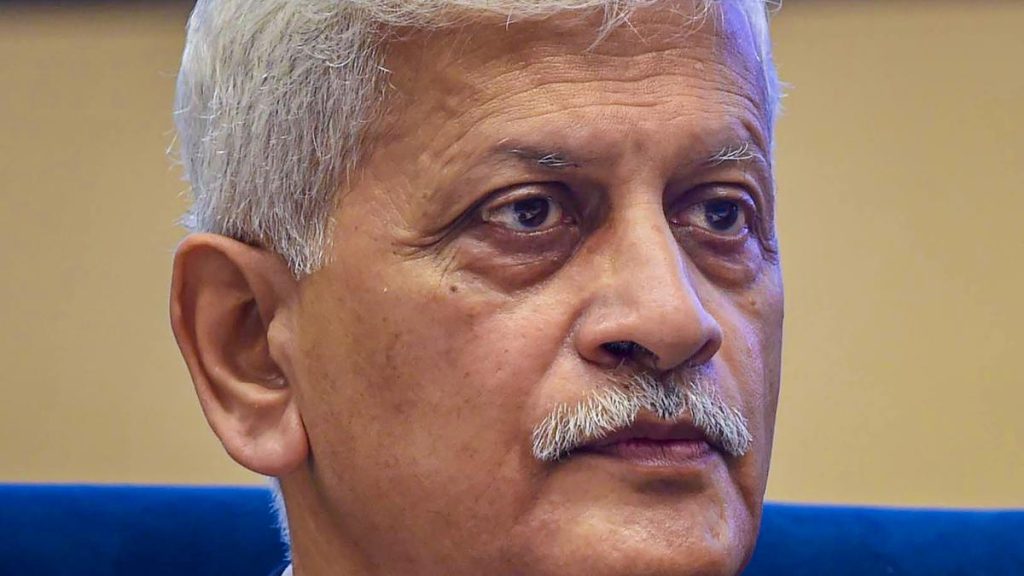Now Reading: Trump’s EPA Moves to Roll Back Climate Regulations
-
01
Trump’s EPA Moves to Roll Back Climate Regulations
Trump’s EPA Moves to Roll Back Climate Regulations

Swift Summary
- The EPA under President Trump is seeking to revise or revoke the 2009 “endangerment finding,” which underpins U.S.climate change regulations.
- This finding identifies six greenhouse gases as harmful to public health and welfare, enabling regulation under the Clean Air Act.
- Revoking it could remove foundational support for climate rules across sectors like transportation,power plants,and oil/gas facilities.
- EPA Administrator Lee Zeldin has outlined plans for a formal rulemaking process with public commentary but no set timeline yet.
- Critics suggest the revision might focus on regulatory costs rather than challenging core climate science directly.
- Some experts believe that revising this finding woudl weaken environmental protections substantially and make future regulation harder for subsequent administrations.
Indian Opinion Analysis
The potential rollback of the endangerment finding illustrates a broader tension between economic prioritization and environmental policy enforcement. For india, such deregulatory efforts in the U.S., a major global emitter, could undermine efforts to combat global warming collectively. While India’s international commitments focus heavily on tackling emissions through renewable energy adoption and lasting practices, weakened U.S. regulations may affect global coordination needed for effective climate change mitigation.
Moreover, India’s vulnerable population makes it particularly susceptible to adverse impacts of rising temperatures-an issue exacerbated by delayed actions from major emitters like the U.S. The situation calls attention to how international policy decisions can reshape collective approaches toward achieving shared sustainability goals while spurring dialogues on balancing economic costs with scientific imperatives globally.

























